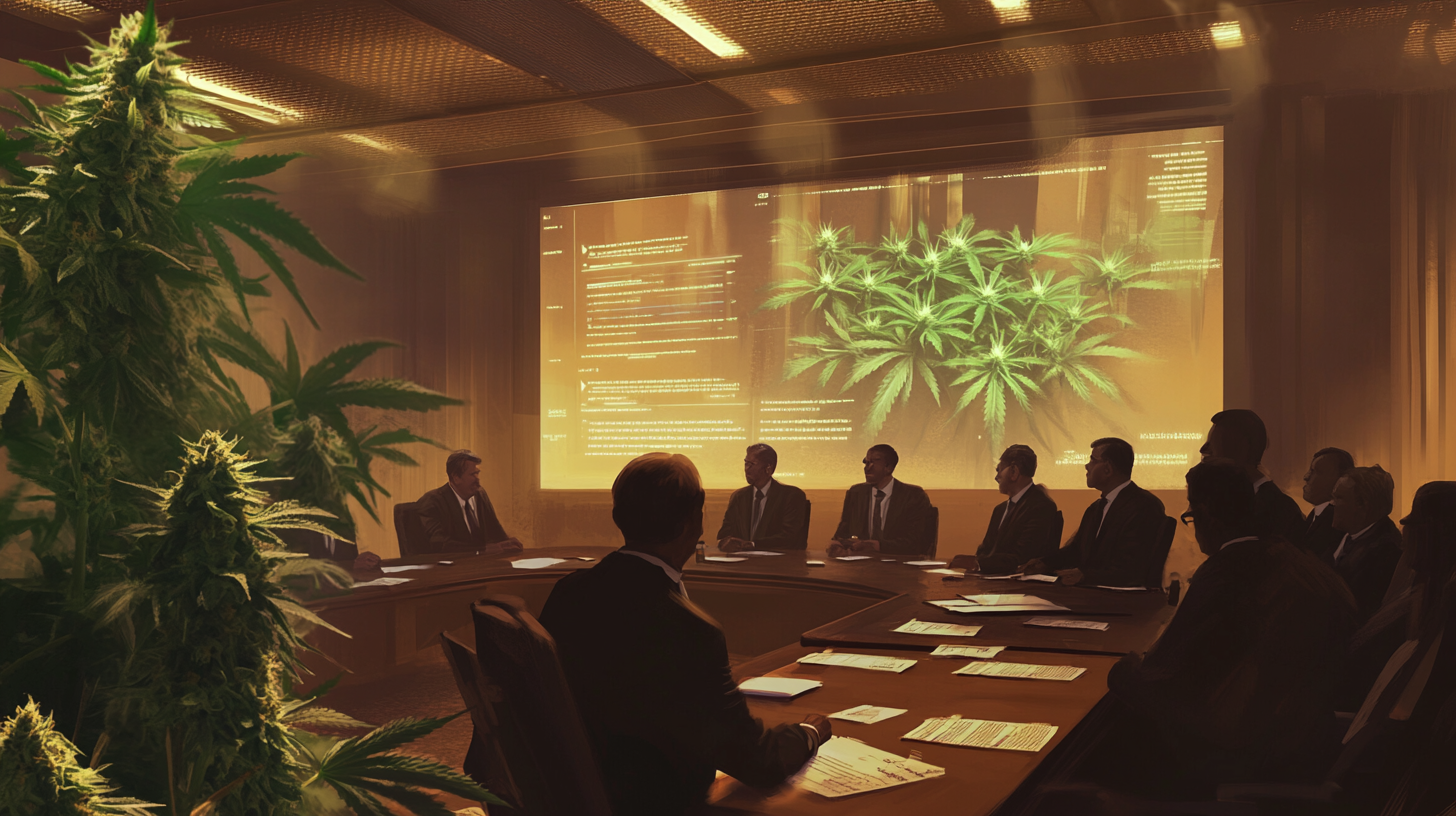Last updated on August 28th, 2024 at 07:50 am
- Why It Matters: Reclassifying cannabis as a narcotic could undo progress made in Thailand’s medical cannabis industry and hinder patient access to alternative treatments.
- Driving The News: A public consultation by the Ministry of Public Health revealed that 80% of participants support reclassifying cannabis as a narcotic, despite strong industry opposition.
- What To Watch: How the Thai government will navigate the conflicting interests of public health, economic potential, and the demands of cannabis advocates as the reclassification debate unfolds.
BANGKOK, THAILAND — The debate over cannabis in Thailand has taken a new turn as the Ministry of Public Health revealed that 80% of respondents in a recent public consultation support reclassifying cannabis as a narcotic. This comes just two years after Thailand made headlines as the first Southeast Asian nation to decriminalize cannabis for medical use, a move that was expected to boost the economy and improve healthcare options.
On June 26, SOMSAK THEPSUTHIN, Minister of Public Health, addressed the media about the draft regulation that proposes bringing cannabis flowers and extracts containing more than 0.2% THC back under Schedule 5 narcotics. He emphasized that the consultation, which gathered feedback from over 100,000 participants, showed a strong leaning toward stricter cannabis controls. “We must balance public health and the economic benefits while considering international standards,” SOMSAK said.
Critics argue that the reclassification of cannabis is a step backward for Thailand, a country that has positioned itself as a leader in the regional cannabis market. Cannabis advocates, including patients and businesses, are concerned that such a move would disrupt the industry, limit access to medical cannabis, and drive the market underground.
The reclassification proposal does not specify whether cannabis must be sourced domestically, which raises concerns about future imports potentially bypassing local producers. “There is no intention to allow non-narcotic cannabis to be imported, but decisions rest with the Narcotics Control Board,” SOMSAK clarified, reflecting the complexities surrounding regulatory enforcement.
Recriminalizing cannabis could have significant repercussions for Thailand’s burgeoning cannabis industry. Medical professionals and advocates stress that cannabis provides valuable treatment options for conditions like chronic pain, epilepsy, and cancer-related symptoms. Research consistently demonstrates the benefits of cannabis when used responsibly and under medical supervision. A study published in the journal Cannabis and Cannabinoid Research highlighted that countries with regulated cannabis markets often see lower rates of opioid dependency and associated deaths.
As the debate continues, many in the industry urge the government to consider the broader implications of such a reclassification, not only for public health but also for economic growth. The cannabis sector in Thailand has already shown promise, generating jobs and attracting international investment. Stakeholders hope that a balanced approach will prevail, allowing for safe and regulated cannabis use without stifling the industry’s potential.
Contributing Sources: Bangkok Biz News.
